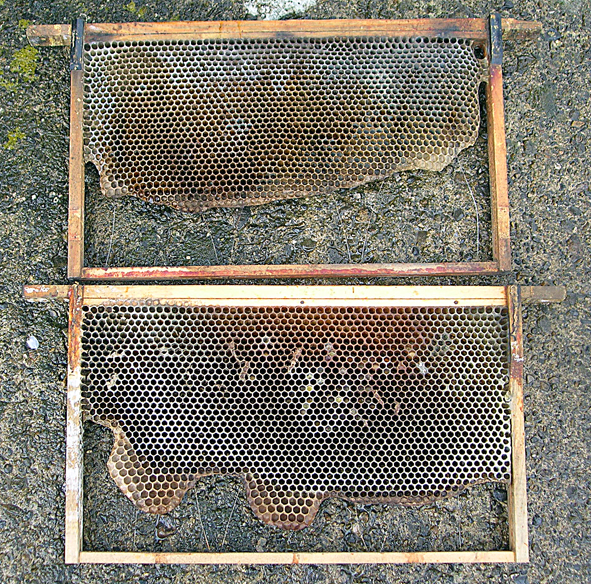- Joined
- May 7, 2016
- Messages
- 573
- Reaction score
- 49
- Location
- Co. Armagh
- Hive Type
- National
- Number of Hives
- 5
Need to replace a few old frames with new ones, but these old frames usually have pollen, brood or honey in them. Seems unnecessary to waste that. And I don't want to split the brood nest.
What's the best way to replace them? Any tips welcome.
What's the best way to replace them? Any tips welcome.


















































